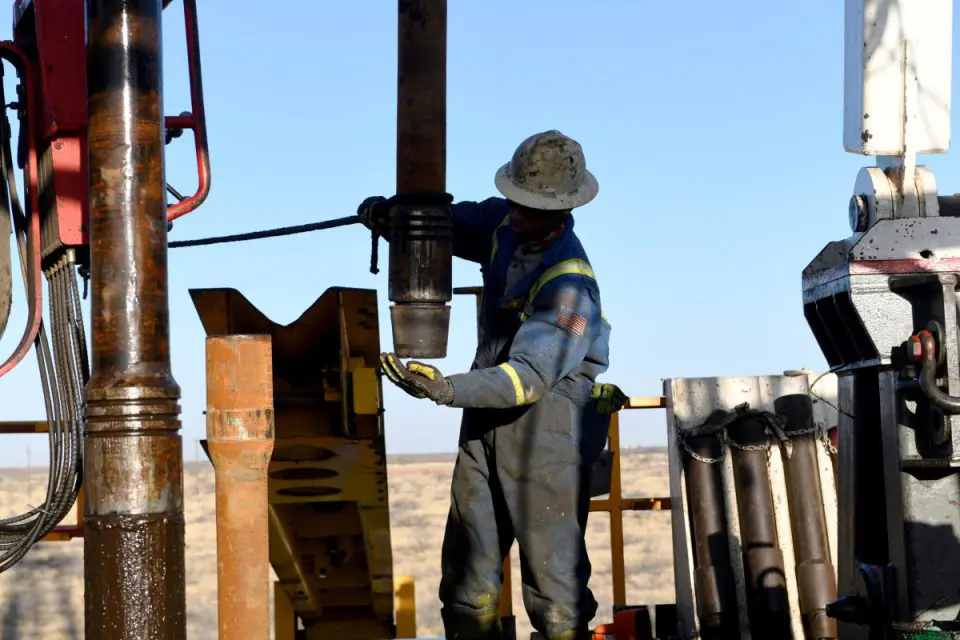KUALA LUMPUR, March 10 — Despite fears of another potential oil crash, the current low oil price environment which resulted from Saudi Arabia’s retaliation against Russia’s decision to opt out of production cuts will not prolong, said MIDF Research.
The Organisation of the Petroleum Exporting Countries (OPEC)+ four-year alliance with Russia had ended in acrimony from the moment Russia refused to conform to a deeper production cut despite the slowing demand due to the Covid-19 outbreak.
MIDF Research in its note today said the cost of production within OPEC on average is currently at about US$30 per barrel (US1=RM4.23), slightly below than the current crude oil price, whilst the cost of production outside of OPEC could reach up to US$40 per barrel.
“Furthermore, we believe that the low oil price environment is expected to lure Russia back to the negotiating table and potentially put in force a new set of production cut for 2020.
“Currently, only Saudi Arabia has the capability to withstand low oil price environment given that it has the world’s biggest oil reserves and is believed to have the lowest cost of production in the world,” it said.
The research house had also revised its price target to an average of US$51 per barrel, while maintaining neutral on the upstream and positive on the downstream.
As at 12.20 pm, the benchmark Brent Crude stood at US$36.94 per barrel after crashing more than 30 per cent overnight on Sunday.
The oil price sharp decline scenario was similar to what took place in 2014 when the oil price tumbled from US$116 per barrel to US$43 per barrel which was driven by contraction in emerging economies’ demand and unconventional oil production in northern America.
“Subsequently, the oil price plunged further to an unprecedented level of US$27.88 per barrel in early 2016 after the US allowed its shale oil to be exported outside of the country; contributing to the sharp rise in the world’s oil supply during the period,” it said.
On Sunday, Russia was said to have wanted to start producing oil without limits imposed on them which had caused Saudi Arabia to retaliate by removing its own production limit and cutting the official selling prices of its products to all regions in the world.
The alliance which is due to expire at the end of this month came to an abrupt end which terminated the four-year pact between the 14 OPEC countries and Russia.
This has resulted in more than 20 per cent plunge in the oil price of both benchmark Brent and West Texas Intermediate to US$36 per barrel and US$32 per barrel respectively yesterday.
The oil price crash was the worse since 2016 when OPEC+ alliance was formed, when it was at US$39.60 per barrel.
— Bernama





